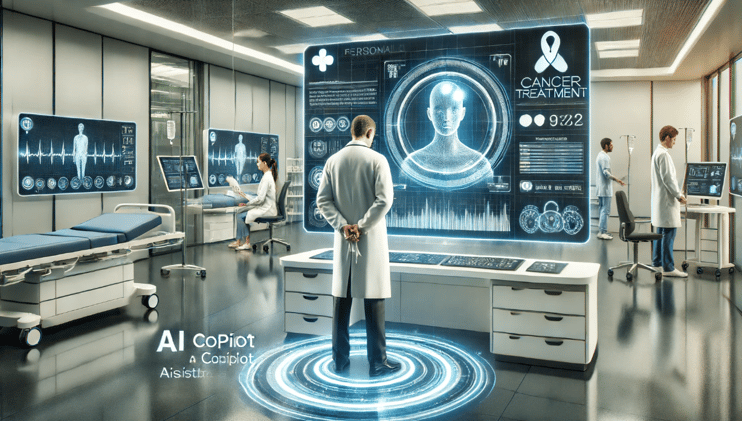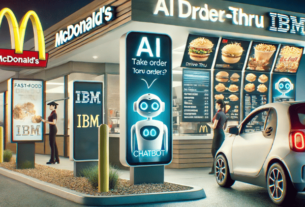Improving Access to Cancer Care through Innovation
For over a decade, Color Health has been committed to enhancing access to healthcare, serving more than 7 million patients. In 2023, they partnered with the American Cancer Society to support employers and health plans in managing cancer care, a leading cause of death and a major healthcare expense in the United States.
The Challenge of Cancer Care
Cancer screening and treatment are complex and time-consuming processes, often resulting in delays that can significantly impact patient outcomes. According to studies, a four-week treatment delay can increase mortality risk by 6-13%. To mitigate these challenges, Color Health is leveraging the power of artificial intelligence (AI) with the support of OpenAI, a leader in AI research and development.
Integrating AI into Cancer Care
Color Health has developed an innovative copilot application that integrates patient medical data with clinical knowledge using OpenAI’s APIs. This tool extracts, processes, and normalizes patient information, including family history and individual risk factors, alongside clinical guidelines. The application generates personalized screening plans and required documentation for diagnostic workups.
How the Copilot Works
The copilot application functions with a clinician-in-the-loop model, ensuring that its outputs are reviewed and modified by a clinician before being presented to the patient. The application’s capabilities include:
- Extracting and normalizing patient information: The copilot can extract relevant patient data from various formats, including electronic health records (EHRs) and hospital systems.
- Answering key questions: The application identifies missing diagnostics by answering critical questions related to patient care.
- Generating necessary documentation: The copilot generates required documentation for diagnostics and treatment plans, streamlining the clinical workflow.
Building a Proof of Concept with OpenAI
Color Health began collaborating with OpenAI in 2023 to address the challenges of cancer screening, diagnosis, and treatment. They aimed to:
- Interpret inconsistently-formatted patient data: The copilot can extract information from complex clinical guidelines and EHRs.
- Analyze dense healthcare guidelines: The application integrates clinical knowledge with patient data to provide personalized recommendations.
- Protect patient data privacy: OpenAI’s HIPAA-compliant standards ensure the secure handling of sensitive patient information.
- Support clinician-in-the-loop workflow design: The copilot’s outputs are reviewed and modified by clinicians before being presented to patients.
Reducing Time to Treatment
To measure the copilot’s impact, Color Health is partnering with the University of California, San Francisco Helen Diller Family Comprehensive Cancer Center (UCSF HDFCCC). They plan to conduct a retrospective evaluation followed by a targeted rollout, potentially integrating the copilot into clinical workflows for all new cancer cases at UCSF.
Future Plans
Color Health is taking a phased approach to roll out the copilot, starting with its own clinicians and applying the tool to a limited number of cases. The copilot has already demonstrated significant improvements:
- Identifying missing labs and diagnostic results: The copilot has identified 4x more missing labs and diagnostic results.
- Reducing time to analyze patient records: The average time to analyze patient records has been reduced from weeks to an average of 5 minutes.
By the end of 2024, Color Health aims to use the copilot to provide AI-generated personalized care plans, under physician oversight, for over 200,000 patients. This revolutionary partnership between Color Health and OpenAI is transforming cancer care by leveraging AI’s power to improve patient outcomes and reduce delays in treatment initiation.
The Future of Cancer Care
The integration of AI into cancer care has the potential to revolutionize the way healthcare providers diagnose and treat cancer. By automating routine tasks, identifying missing diagnostics, and generating personalized recommendations, the copilot is poised to improve patient outcomes and enhance access to care.
Sources:
- Color Health
- American Cancer Society
- University of California, San Francisco Helen Diller Family Comprehensive Cancer Center (UCSF HDFCCC)



